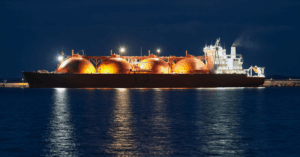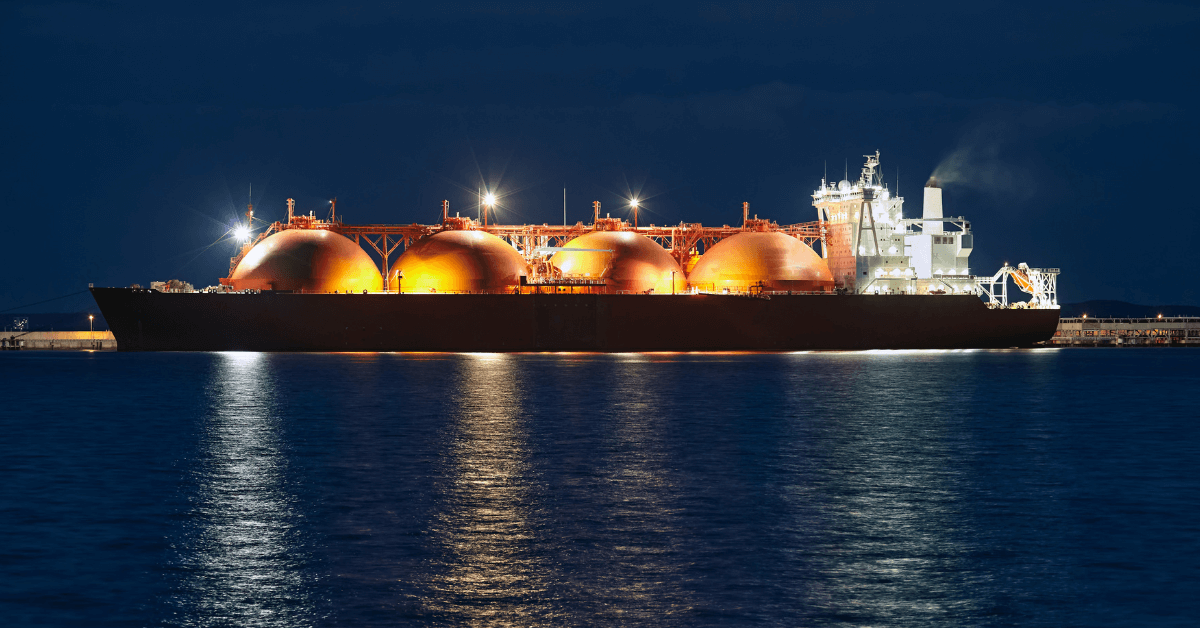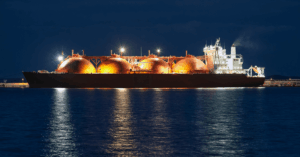
Video: Houthis Sink Second Ship In A Week & Kidnap Its Surviving Crew
July 10, 2025
US Navy’s Nuclear-Powered Submarine Makes Historic Port Call In Iceland
July 10, 2025

Greek shipping firms are increasing safety measures on their tankers visiting Russian ports, after multiple mysterious blasts that have damaged vessels linked to Russia’s oil trade in recent months, as per six Greek shipping and security industry sources.
Some companies are deploying divers to check under their ships for foreign objects. Sources familiar with the new precautions said these inspections are being done while ships are docked or anchored. Other methods being explored include remote checks of ship hulls using underwater devices.
These actions are being implemented while Western sanctions against Russia remain in place due to its invasion of Ukraine. Alongside this, the Group of Seven (G7) countries have imposed a $60-per-barrel price cap on Russian oil exports.
Despite the restrictions, a large amount of Russian oil continues to be transported using a “shadow fleet” of tankers. At the same time, data shows that Greek-owned tankers, which make up a major part of the global tanker fleet, are still involved in moving Russian crude.
Greek shipping firms claim they are complying with international rules and only carrying Russian oil that falls under the G7 price cap. However, recent explosions on six tankers that had either visited or were on their way from Russia’s Ust-Luga port in the Baltic Sea and Novorossiysk in the Black Sea have raised serious concerns within the shipping industry.
Sources said some tankers now change their anchored positions frequently to avoid being predictable targets. Crews have been instructed to stay alert for any suspicious activity around their vessels.
Although investigations into the explosions have not officially confirmed the cause, security experts believe that some of the incidents were likely caused by limpet mines-explosive devices that stick to ships using magnets.
Three security experts, who are advising shipping firms but are not directly involved in the investigations, believe the attacks could be linked to Ukraine. They said Ukraine might be targeting tankers operated by Greek companies because of Kyiv’s strong opposition to Greek involvement in transporting Russian oil.
The most recent case occurred on July 6, when the LPG tanker Eco Wizard was hit by a series of blasts while loading cargo at Ust-Luga port in Russia. Russia’s transport ministry said the tanker experienced a minor ammonia leak, and divers would inspect the vessel.
Just days before that, the Greek-owned oil tanker Vilamoura was damaged by an explosion while sailing near the Libyan coast. TMS Tankers, which operates the ship, said early investigation results pointed to an external explosive device.
In February, another tanker called Seacharm was damaged in a blast. When asked about the investigation into this incident, Greek authorities declined to comment, stating the information is classified. Italian officials had also opened a terrorism investigation earlier this year after the Seajewel tanker was damaged, but have not provided any updates since.
According to a review of company data, four of the tankers that suffered explosions this year are operated by Greek companies, while another is based in Cyprus. Four of the six ships had visited Russian ports and were headed toward the Mediterranean Sea when the blasts occurred. This is the first time in decades that such attacks have affected commercial, non-military vessels in the central Mediterranean.
Corey Ranslem, CEO of UK-based maritime security company Dryad Global, said that ships linked to Russian ports are facing more risks of sabotage, possibly by state-backed groups or proxies, due to the ongoing Russia-Ukraine conflict.
Ranslem added that while the Mediterranean is generally safer than areas like the Red Sea, there are still vulnerabilities, especially in poorly monitored places like the waters off Libya.
Reference: Reuters
Source: Maritime Shipping News


